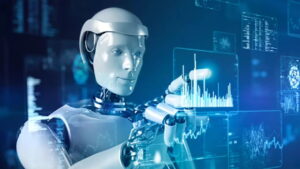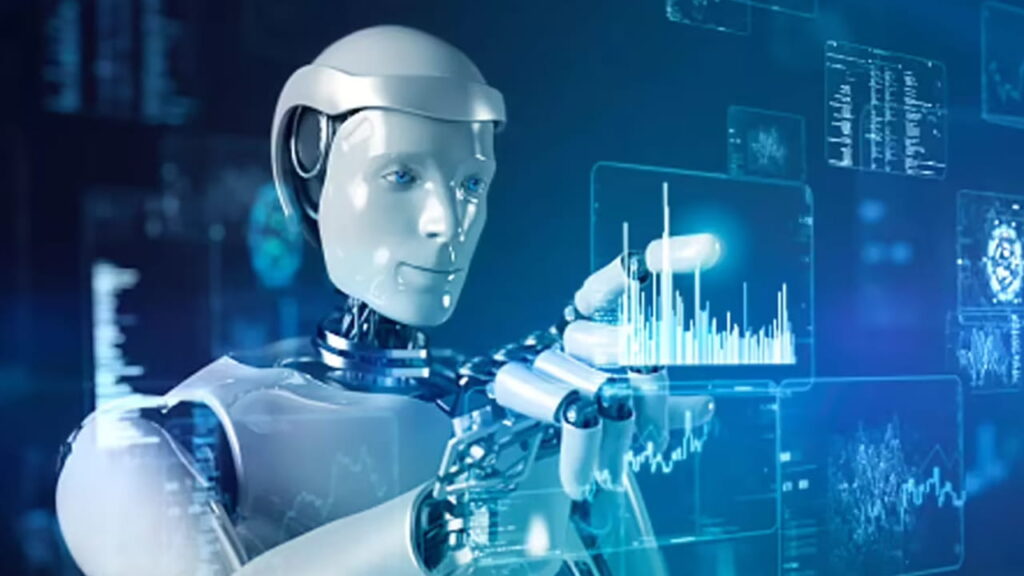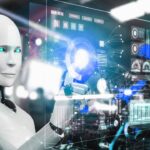
How Machine Learning is Transforming the Future of Artificial Intelligence In today’s fast-paced digital era, two terms dominate the tech conversation — Machine Learning and Artificial Intelligence. They’re often mentioned together, but while they are closely related, they are not the same thing. Artificial Intelligence is the broader concept of creating machines that can think, learn, and solve problems like humans. Machine Learning, on the other hand, is one of the core techniques that makes AI possible.
The exciting part? Machine learning is not just a component of AI — it’s the driving force behind the biggest advancements in the field. Let’s explore how machine learning is transforming the future of artificial intelligence in ways we couldn’t have imagined a decade ago.
How Machine Learning is Transforming the Future of Artificial Intelligence
1.Static Rules to Learning Systems
In the early days of AI, systems were programmed with strict, rule-based logic. They could only perform tasks they were explicitly told to do. Today, machine learning allows AI to learn from data, adapt to new situations, and improve over time without needing a complete rewrite of code.
For example, voice assistants like Siri and Alexa don’t just follow preset commands — they continuously learn from user interactions, making their responses more natural and accurate.
2.Breaking Language Barriers
One of the most impressive uses of machine learning in AI is Natural Language Processing (NLP). This technology helps machines understand and generate human language. Whether it’s Google Translate improving its translations or AI chatbots holding realistic conversations, machine learning models are constantly training on massive datasets to understand context, tone, and meaning.
3.Smarter Decision-Making
Industries are increasingly using AI systems powered by machine learning to make faster and more accurate decisions. In healthcare, AI can analyze medical scans and predict diseases earlier than human doctors. In finance, machine learning algorithms detect fraud in real-time by spotting unusual patterns in transactions.
The more data these systems process, the smarter and more reliable they become — which is exactly what’s pushing AI into new frontiers.
4.Personalization at Scale
If you’ve ever noticed how Netflix seems to know exactly what you want to watch, or how an online store recommends products that match your taste, you’ve seen machine learning in action. This personalized experience is a direct result of AI systems analyzing user behavior to make tailored recommendations.
This level of personalization is becoming a standard expectation, and machine learning is the engine making it happen.
The Future Ahead
The future of artificial intelligence will be shaped by continuous advancements in machine learning. We can expect:
-
AI systems that learn with less data (few-shot learning)
-
Improved creativity in AI-generated content
-
Smarter automation in industries like transportation, manufacturing, and education
-
AI ethics frameworks to ensure responsible and fair use of technology
The relationship between machine learning and artificial intelligence is a perfect example of how a specialized field can push an entire technology forward. Machine learning doesn’t just support AI — it’s the reason AI is becoming more accurate, adaptable, and impactful in our daily lives.


